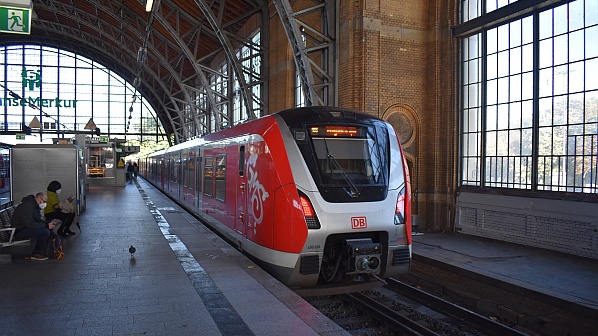PROGRESS is being made on examining the options available to German Rail (DB) as it seeks to introduce the 5G-based Future Railway Mobile Communication System (FRMCS), with research suggesting that infrastructure owned by DB can support the digital technology.
In order to understand what is required, DB’s Digital Rail Germany (DSD), working with partners Ericsson, Kontron Transportation, Nokia and Vodafone, has undertaken research into how FRMCS can be used to replace the existing 2G-based GSM-R system which cannot meet the connectivity requirements of the digitised rail network, and will be discontinued from the mid-2030s.
FRMCS will use Mission Critical Services (MCX), which is a framework that offers applications in rail specific functionalities and is also standardised via the 3GPP (3rd Generation Partnership Program).
Research by Ericsson and DSD found that some key design trade-offs were required while studies by Kontron Transportation and DSD found that a proactive approach to standardisation of FRMCS was required. The partners say more studies to investigate potential MCX technologies for future FRMCS operations are planned.
Nokia and DSD found that FRMCS will allow rail operators to increase efficiency, offer new services and decrease the total cost of ownership. The next stage is for a detailed analysis to be carried out to find the right trade-off between costs and reliability.
Studies by Vodafone and DSD found that while DB intends to rely on its own FRMCS infrastructure, there remains the option of supplementing it with public networks as a fallback solution or capacity extension.

